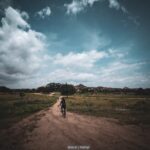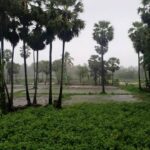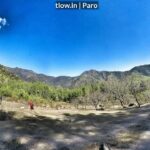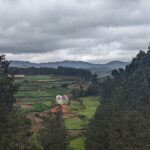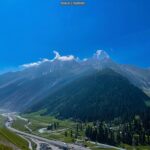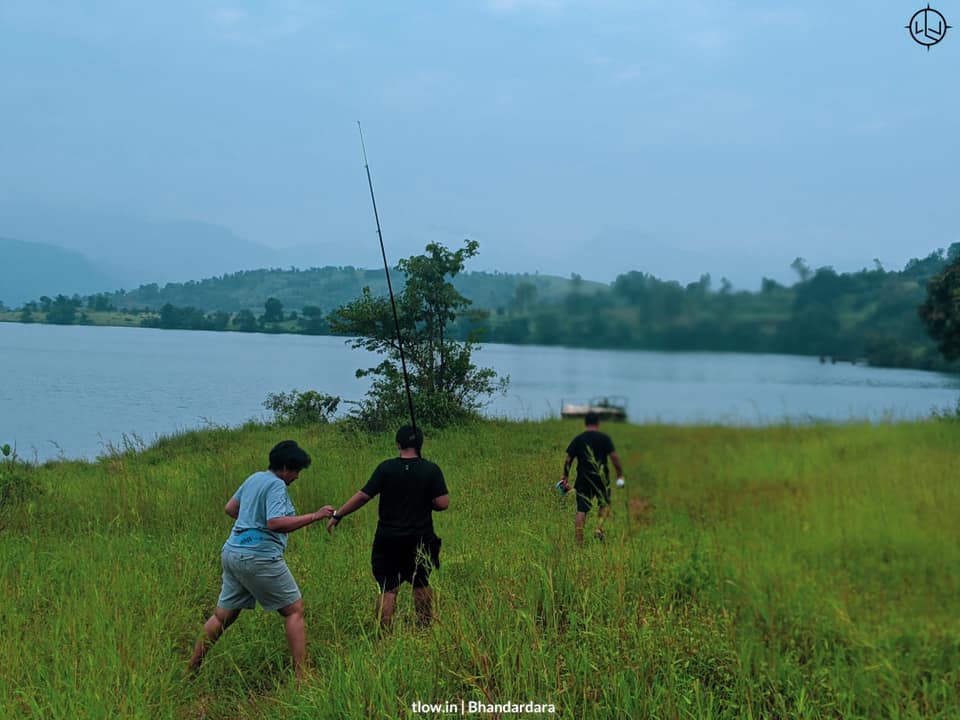
Monsoon backpacking | 10 tips for families
The monsoon is a great time to go backpacking for families as it is not season time and good deals are available. Mostly people tend to travel during summer or winter holidays. The monsoon is hence an ideal time and these tips will help make it more conducive.
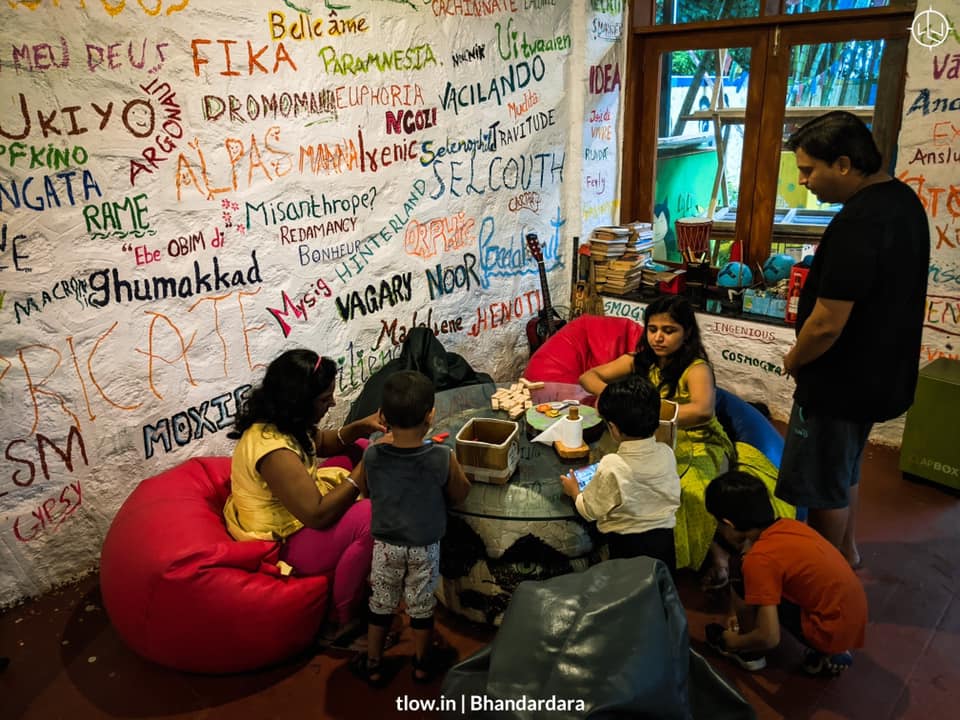
1. Pack weather-resistant gear: It’s important to pack gear that can withstand the wet weather conditions of the monsoon. This includes waterproof jackets, boots, and bags to keep your belongings dry.
2. Bring appropriate clothing: Lightweight, quick-drying clothing made from synthetic fabrics is best for monsoon trekking. Avoid cotton clothes because they are not quick-drying.
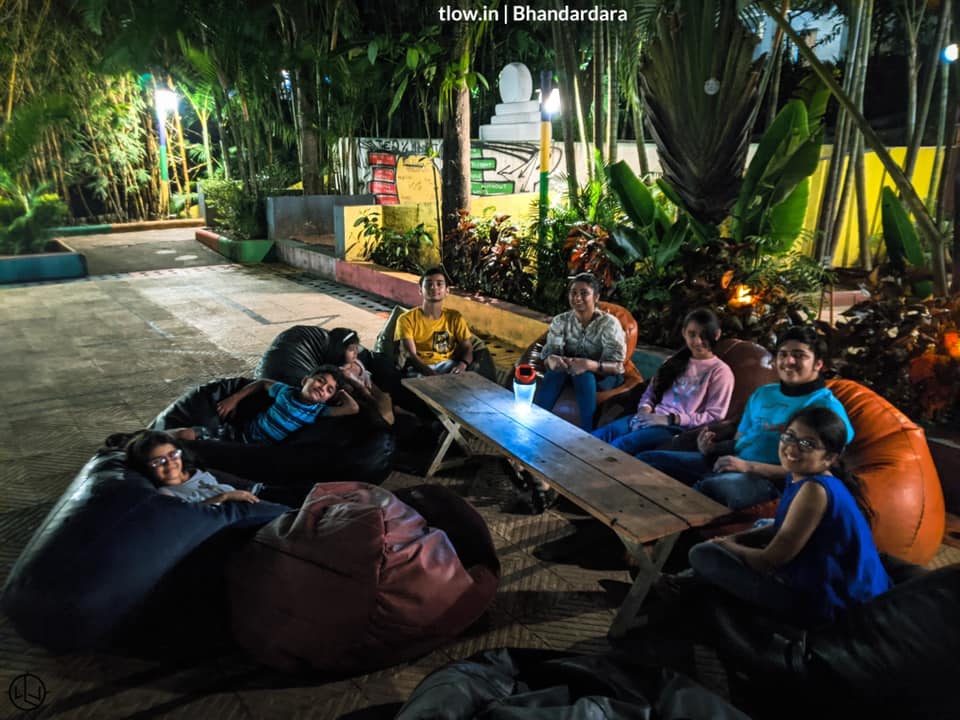
3. Protect your electronics: Keep your electronics in waterproof cases to protect them from water damage. You can also cover your backpack with a waterproof cover.
4. Carry essential medicines: Always carry a first aid kit with essential medicines like antiseptics, painkillers, and insect repellent.
5. Stay hydrated: Drink plenty of water during the trek to stay hydrated. Carry a water purifier or water bottle filter if you’re trekking through areas without clean water sources.
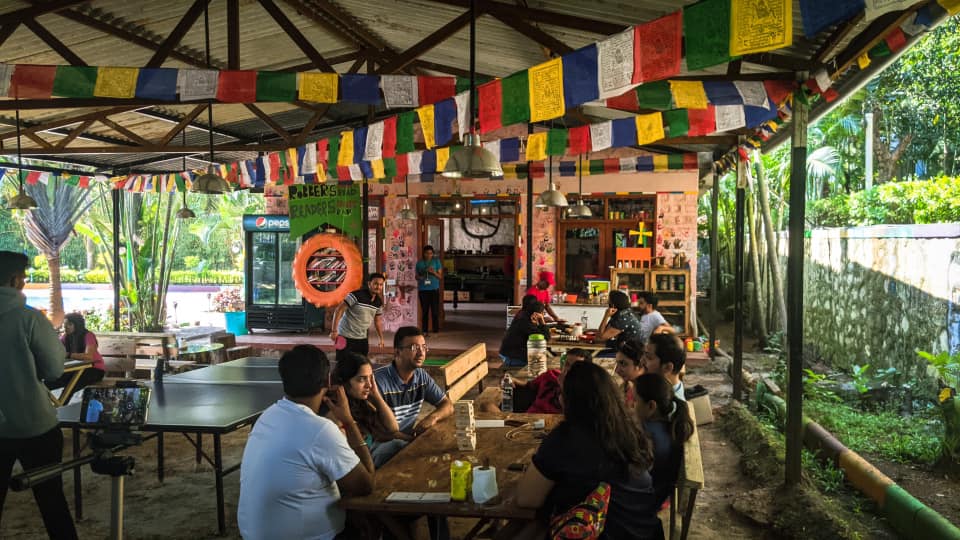
6. Be aware of the Monsoon trail conditions:
Monsoon trekking can be challenging with slippery trails, flooded areas, and leech-filled forests. Stay updated on trail conditions before and during your trek.
7. Avoid camping near streams: Avoid camping near streams, as they can rise quickly during heavy rains. Instead, set up your tent on higher ground.
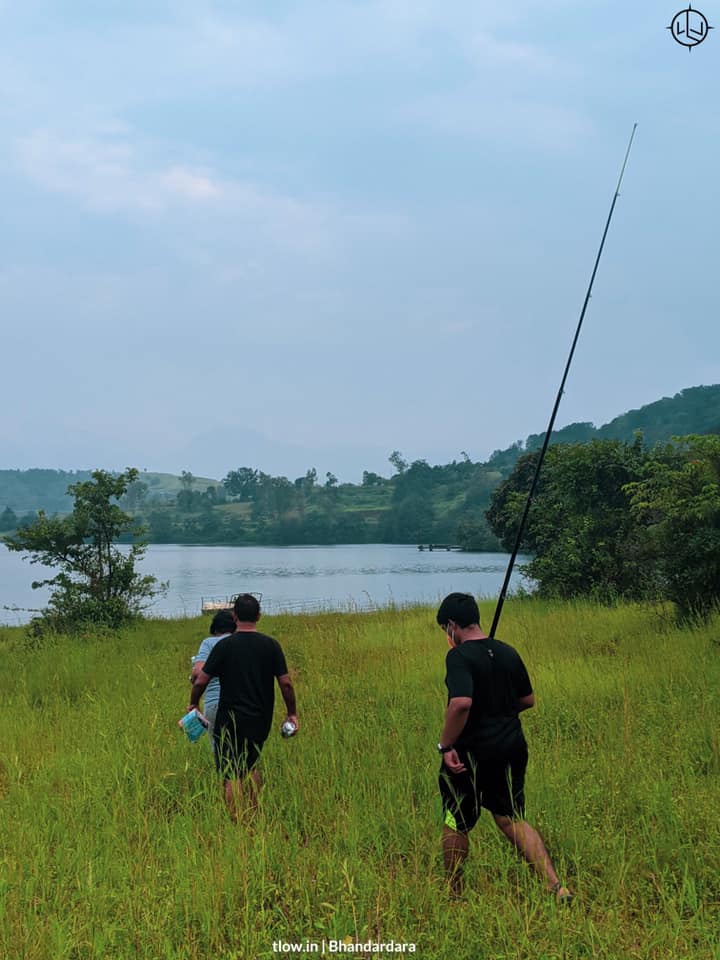
8. Plan your itinerary carefully: Monsoon trekking can be unpredictable, so it’s important to plan your itinerary carefully and have a backup plan in case of bad weather.
9. Follow safety precautions: Make sure to follow all safety precautions, such as sticking to the trail, carrying a whistle, and avoiding risky activities like rappelling or river crossings during heavy rain.
10. Respect the environment: Monsoon season is a critical time for the environment, so make sure to practice Leave No Trace principles and be conscientious of your impact on the ecosystem.

